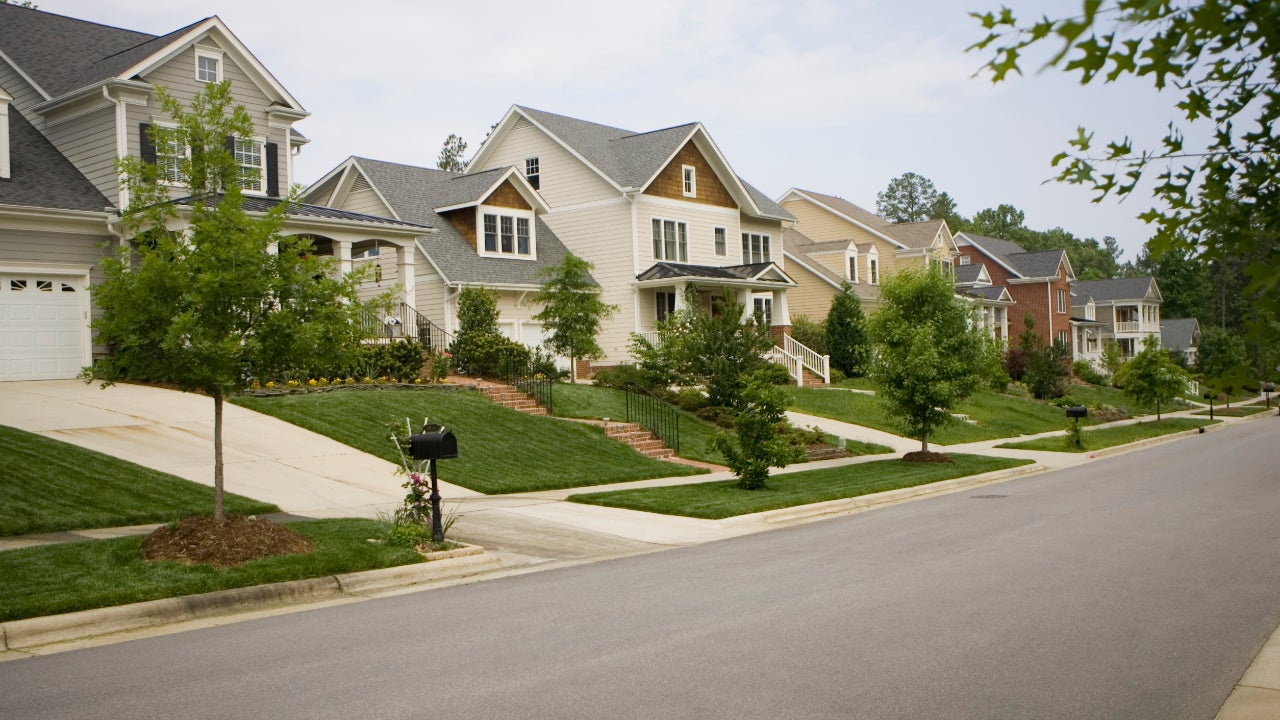Supporting Community Growth: Proactive Administration for HOA San Antonio
Supporting Community Growth: Proactive Administration for HOA San Antonio
Blog Article
The Duty of Home Owners in Forming HOA Plans
In the world of home owners' organizations (HOAs), the duty of home owners in forming plans holds considerable importance. House owners are not simply occupants yet active stakeholders in the community they reside in, with a beneficial interest in the rules and policies that govern their lives. Comprehending how homeowners can contribute and affect to HOA plans is vital for cultivating a harmonious living environment. By discovering the opportunities whereby homeowners can influence decision-making processes, we uncover a vibrant interplay that shapes the really essence of area living. Keep tuned to unwind the elaborate web of property owner engagement and its influence on shaping HOA policies.
Relevance of Homeowner Involvement
Homeowner engagement plays an essential role fit the plans and decisions of property owners' associations (HOAs) When house owners actively get involved in the decision-making processes of their HOA, they contribute varied viewpoints that can result in even more all-round and inclusive plans. Engaged house owners are more probable to stay notified concerning HOA issues, attend meetings, and give valuable feedback on suggested plans. Their involvement assists make certain that policies show the requirements and preferences of the area they stand for.
Furthermore, homeowner interaction promotes a feeling of ownership and accountability within the community. Additionally, involved home owners are much more likely to support HOA efforts, which can lead to smoother execution and greater total success.
Ways to Impact HOA Policies
Efficient involvement in house owners' association (HOA) committees and conferences offers residents possibilities to influence and shape HOA policies. One of the most straight ways homeowners can influence HOA plans is by actively going to and participating in HOA meetings. By voicing problems, suggesting tips, and participating in conversations throughout these conferences, home owners can straight influence the decisions made by the HOA board. In addition, property owners can consider competing placements on the HOA board or boards themselves. By coming to be board members or board leaders, homeowners can straight impact the growth and implementation of HOA plans.
Additionally, property owners can work together with their neighbors to form a joined front when supporting for certain policy changes or initiatives. By arranging applications, carrying out surveys, or organizing area conferences, home owners can show the level of support for their recommended plans and boost their chances of affecting the HOA's decisions. Ultimately, by proactively getting involved, involving with fellow citizens, and taking on management functions within the HOA, homeowners can effectively affect and shape HOA policies to much better reflect the demands and choices of the community.

Influence of Homeowner Involvement
The active participation of homeowners in property owners' organization (HOA) tasks considerably affects the plans and decisions regulating the neighborhood. When house owners get involved in HOA conferences, give responses on proposed plans, and involve in conversations with the board participants, their input can form the instructions of the community. Homeowner participation guarantees that the HOA board considers a diverse range of perspectives before choosing that influence the whole community.
In addition, home owner involvement can cause boosted transparency within the HOA. By actively taking part in the decision-making procedure, citizens can hold the board answerable for their activities and make sure that policies are executed fairly and in the most effective interest of the community as a whole.
Moreover, when homeowners proactively join shaping HOA plans, they feel a better feeling read the full info here of ownership and satisfaction in their neighborhood (hoa san antonio). This feeling of participation promotes a stronger feeling of neighborhood and encourages locals to interact in the direction of usual objectives, ultimately creating an extra desirable and unified living atmosphere for all residents

Advantages of Energetic Home Owner Participation
Energetic involvement by citizens in home owners' organization activities contributes dramatically to the enhancement of community governance and communication. When home owners proactively participate in HOA affairs, they bring diverse perspectives and beneficial understandings check here to the decision-making procedure. This involvement fosters a feeling of possession and obligation among homeowners, bring about a much more cohesive and unified area.
Moreover, active homeowner engagement assists to guarantee that HOA plans line up with the needs and choices of the neighborhood members - hoa san antonio. By articulating their viewpoints and concerns, residents can affect the advancement of rules and laws that promote consistency and wellness within the neighborhood. This joint method not just enhances community bonds yet also boosts the general lifestyle for home owners
Furthermore, active home owner involvement can bring about raised transparency and accountability within the homeowners' organization. When locals are actively participated in the governance procedure, there is better oversight and examination of decision-making, which can aid prevent prospective conflicts and guarantee reasonable and fair therapy for all participants. Ultimately, the advantages of energetic homeowner involvement extend beyond private families to create a more thriving and dynamic neighborhood.
Producing a Community-Driven HOA
Given the importance of homeowner participation in shaping HOA policies, cultivating a community-driven technique is necessary for the sustainable administration and advancement of the neighborhood. A community-driven HOA encourages citizens to actively get involved in decision-making procedures, guaranteeing that plans show the varied requirements and preferences of the area. By motivating open communication and cooperation between home owners and the HOA board, a sense of common obligation and possession is grown, leading to boosted fulfillment and harmony within the community.
Creating a community-driven HOA includes developing mechanisms for home owner feedback, such as studies, city center meetings, or pointer boxes, to gather input on crucial issues and prospective plan modifications. In addition, advertising transparency in HOA procedures and decision-making processes promotes trust and accountability amongst residents. By valuing home owner viewpoints and involving them in the governance of the area, a community-driven HOA can enhance overall resident fulfillment, advertise a sense of belonging, article and contribute to the long-lasting health of the neighborhood.
Final Thought

In conclusion, active property owner interaction plays a critical duty in forming HOA plans. Developing a community-driven HOA needs continuous interaction and teamwork between property owners and the association to guarantee policies reflect the needs and choices of the area.
In the world of house owners' associations (HOAs), the role of homeowners in forming plans holds substantial significance.House owner interaction plays an essential role in forming the plans and choices of property owners' associations (HOAs)Reliable engagement in house owners' association (HOA) boards and meetings offers residents possibilities to affect and shape HOA policies. Ultimately, by proactively getting involved, involving with fellow citizens, and taking on leadership roles within the HOA, home owners can successfully form and influence HOA plans to better reflect the requirements and preferences of the area.
Furthermore, energetic house owner involvement can lead to increased openness and accountability within the home owners' association.
Report this page